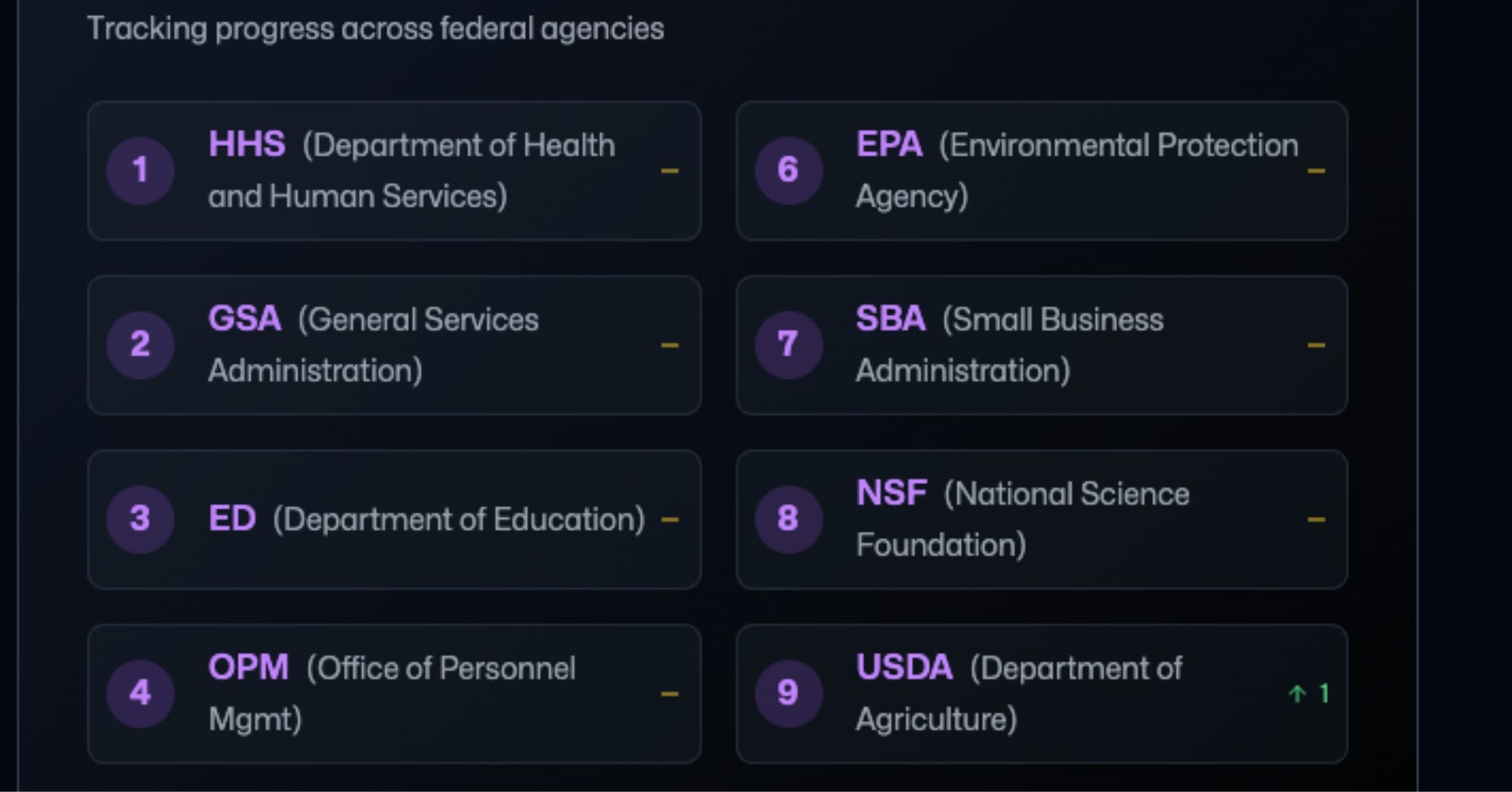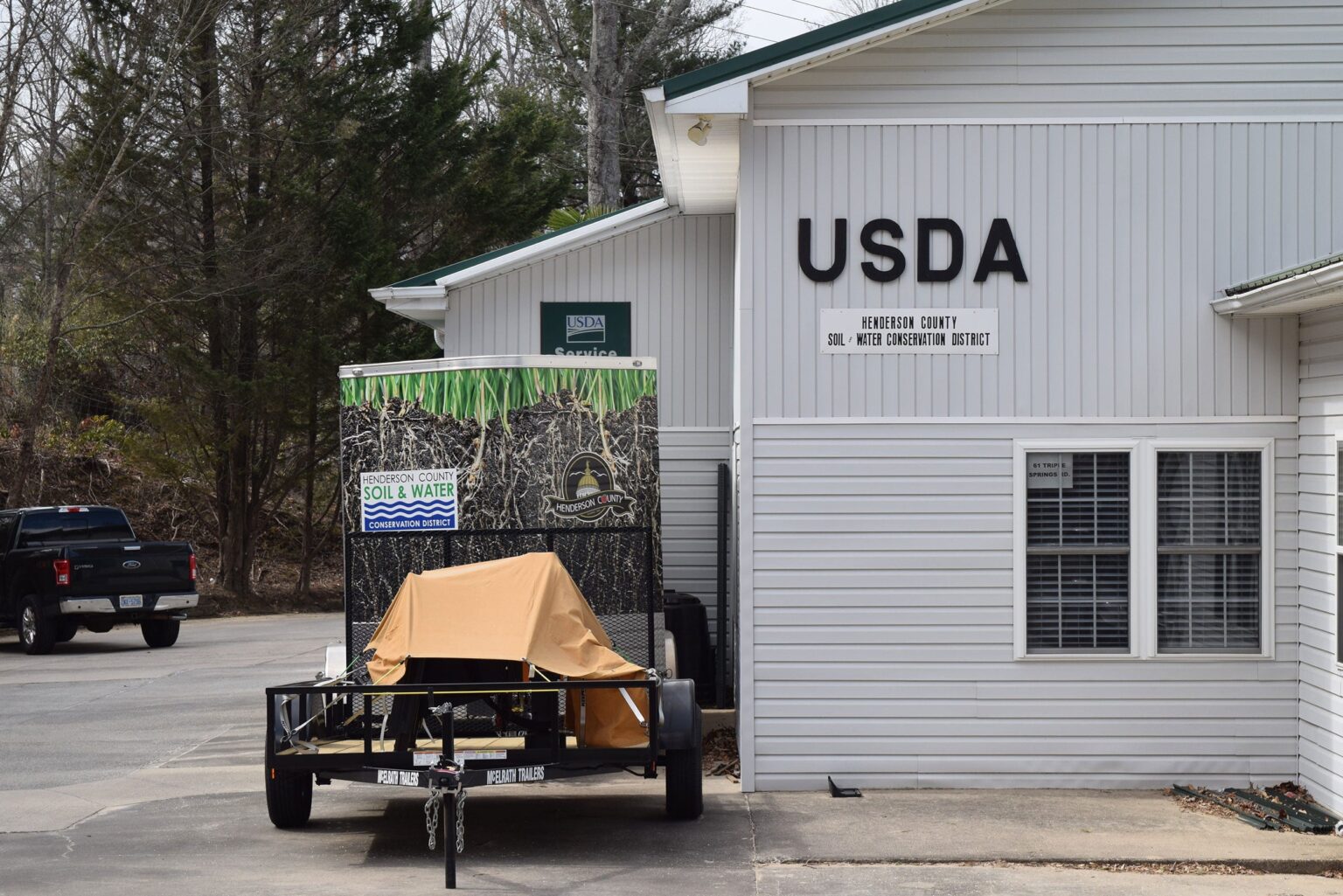After months of uncertainty and backlash over planned government office closures, a quiet shift in federal policy has removed more than 70 U.S. Department of Agriculture locations from the Department of Government Efficiency’s controversial lease termination list. The change comes as part of an unannounced update to DOGE’s “Wall of Receipts,” a digital log of office closures that was previously targeting nearly 750 government leases.
By May 28, that number had dropped to 494, and many of the USDA offices that serve and agricultural communities — especially those tied to the Farm Service Agency and Natural Resources Conservation Service — were among those spared.
First reported by Successful Farming, this reversal impacts USDA offices in more than two dozen states and territories. For instance, the FSA office in Hendersonville, North Carolina, was still listed for closure as of May 21. Just one week later, the office had vanished from the Wall of Receipts, and sources confirmed the lease had been renewed.
Seven out of eight state-level FSA offices originally flagged for closure — including those in Alabama, Kentucky, North Dakota, and Puerto Rico — are no longer on the list. Eleven county-level FSA offices also saw their terminations rescinded, including those in New Mexico, South Dakota, and Utah.

NRCS offices saw similar relief, with 23 of 36 originally targeted locations removed from the list. Affected communities included Fairbanks, Alaska; Columbia, Missouri; Saipan, Northern Mariana Islands; and Logan, Utah.
Other USDA branches benefited as well. Offices with the Animal and Plant Health Inspection Service (APHIS), Forest Service, Rural Housing Service, and even the Food Safety and Inspection Service (FSIS) were pulled from the termination roster.
It’s unclear what prompted this quiet reversal, though the timing closely follows Elon Musk’s reported departure from the Trump administration — an administration that had previously backed DOGE’s government downsizing agenda.
The shift may reflect growing recognition of the USDA’s critical role in rural America. Many of the impacted offices support farm loans, conservation programs, and local disaster assistance — services that have become increasingly essential amid weather volatility and market fluctuations.
Farmers, rural communities, and agricultural groups will likely continue monitoring DOGE’s next moves. For now, the reprieve signals a potential recalibration of what “efficiency” looks like in serving America’s rural backbone.
To see if your local office was affected, visit Successful Farming’s full report and interactive map at Agriculture.com.


